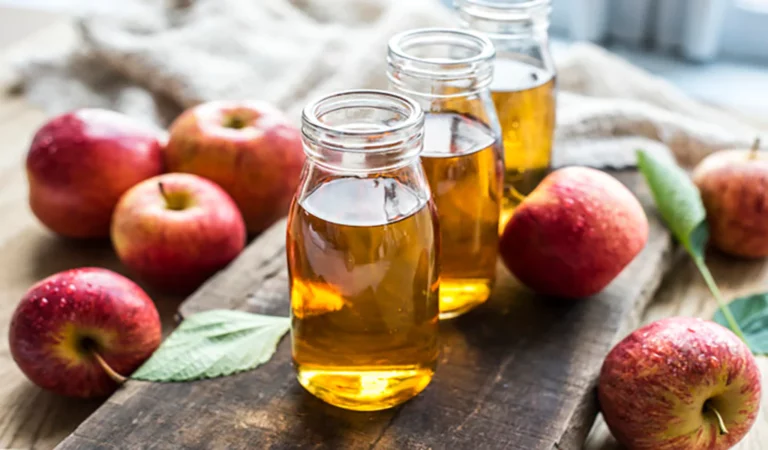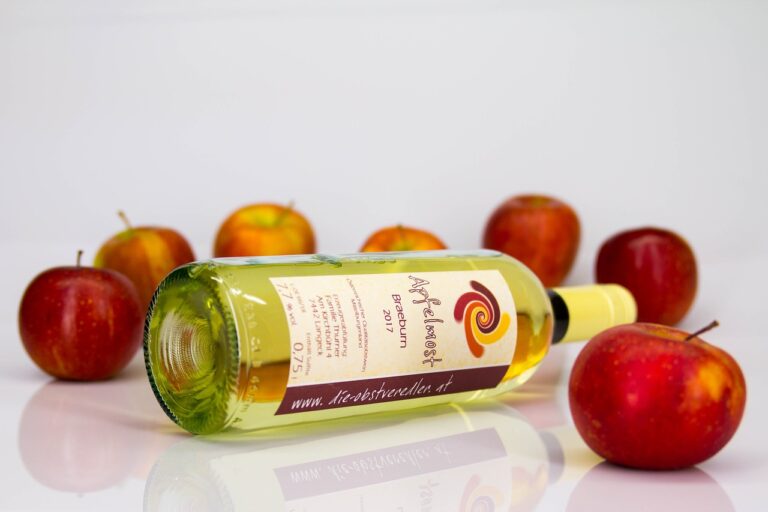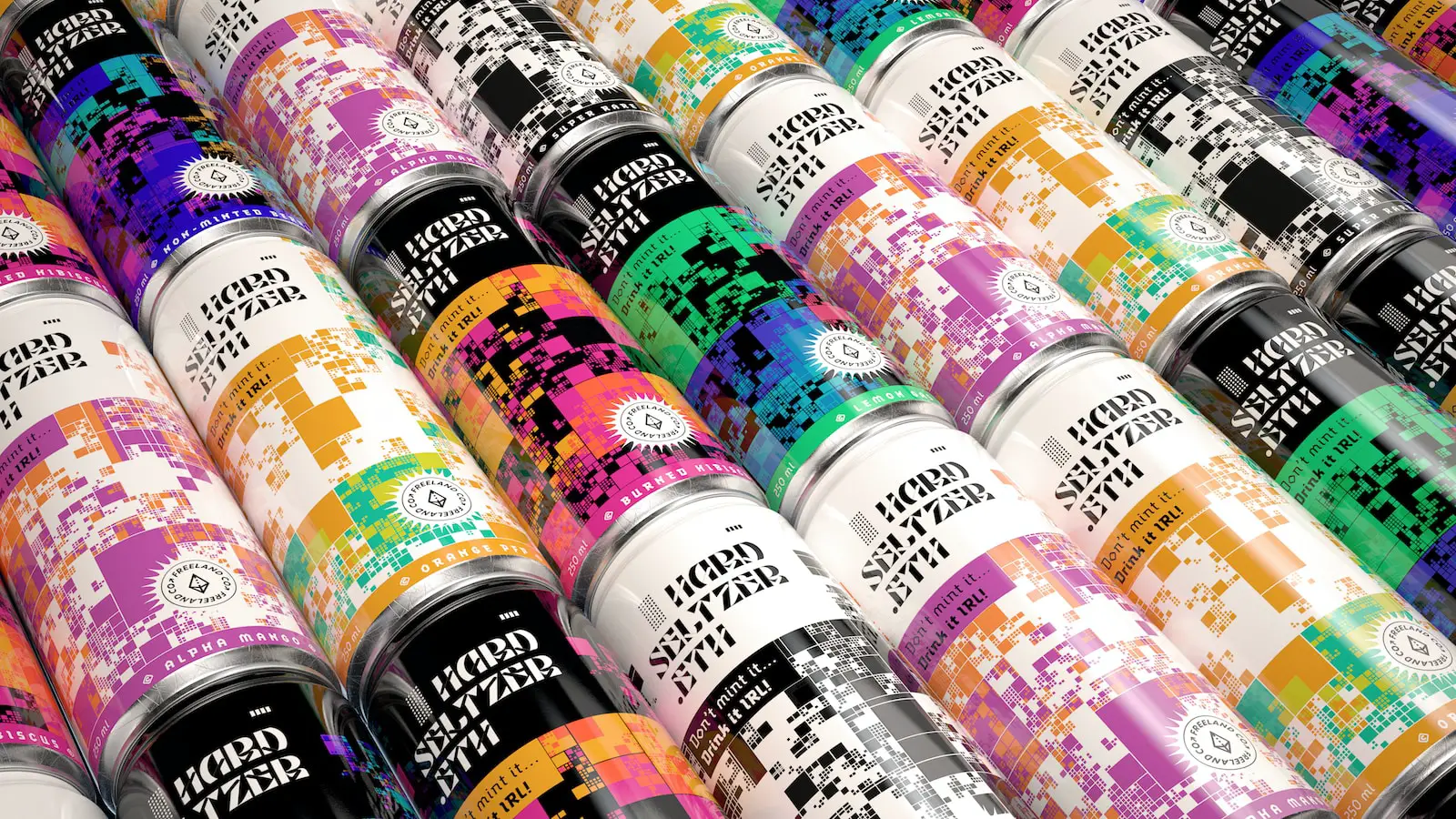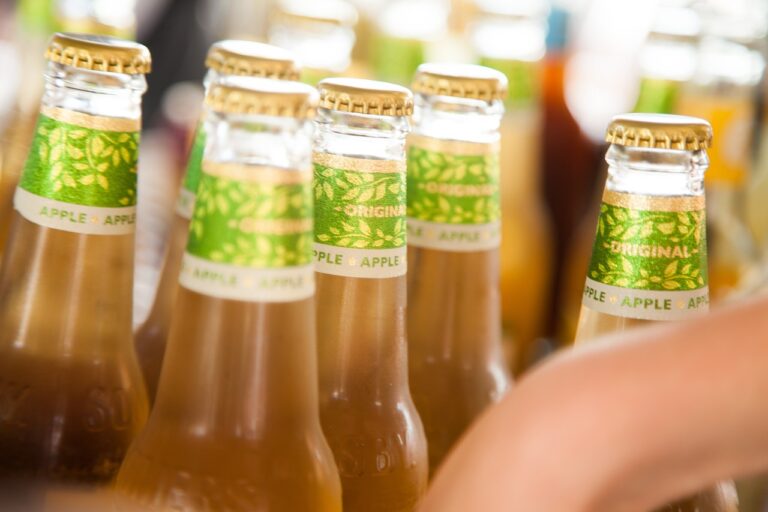You might be surprised to learn that this popular party drink has been found to have antibacterial properties.
From its humble origins in Mexico, tequila has evolved into a beloved beverage worldwide.
But is it only good for getting the party started, or can it also benefit our health?
In this blog post, we’ll explore the potential of tequila as a disinfectant and possible medical applications of its antibacterial properties.
Read on to discover what the research says about whether tequila can really kill bacteria!
Tequila’s Antibacterial Properties
Tequila’s antibacterial properties are attributed to compounds found in the agave plant, such as saponins and fructans, which have been shown to effectively kill bacteria.
Agave Plant Compounds And Their Effect On Bacteria
Agave plants are the main ingredient in tequila and have been found to contain compounds that exhibit antibacterial properties.
One study showed that these compounds were effective against several strains of bacteria, including E. coli and Salmonella.
Furthermore, agave has a high content of fructans, which are carbohydrates known for their prebiotic effect on gut bacteria.
Comparing tequila to traditional antibacterial agents, a 2008 study published in the Journal of Applied Microbiology.
The studies found that pure tequila was able to kill or reduce the growth rate of certain types of bacteria such as Staphylococcus aureus and Escherichia coli.
The researchers attributed this effect to the presence of ethanol in tequila, which is known for its ability to denature bacterial cell membranes and protein structures leading to cell death.
Studies Comparing Tequila To Traditional Antibacterial Agents
Several studies have shown tequila to exhibit antibacterial properties that are comparable to traditional antibacterial agents.
Research has demonstrated that the agave plant compounds found in tequila can effectively kill bacteria such as Staphylococcus aureus and Escherichia coli.
In one study, tequila was even found to be more effective than some commonly used antibiotics in killing these harmful bacteria.
Not only does tequila show promise in its ability to kill bacteria, but it also has antiviral and antifungal properties as well.
This makes it a versatile disinfectant agent for various applications such as wound healing and sterilization of medical equipment.
Its health benefits go beyond just being a party drink, and with further research into its antimicrobial properties, we may see new uses for this unique spirit emerge in the medical field.
Potential Medical Applications
Tequila’s antibacterial properties may have potential medical applications, including wound healing and treating bacterial infections.
Want to know more about the benefits of tequila? Keep reading!
Use Of Tequila In Wound Healing And Disinfection
Tequila’s antibacterial properties make it a potential candidate for the use of wound healing and disinfection.
Research has shown that tequila can effectively kill bacteria, including those resistant to traditional antibiotics when used in its purest form.
It is believed that this may be due to certain compounds found in the agave plant used to produce tequila.
In addition to its ability to kill bacteria, tequila also has anti-inflammatory properties that may aid in wound healing.
These properties have been observed in studies looking at other alcoholic beverages such as whiskey as well.
While more research is needed to fully understand the extent of these benefits.
Some experts suggest using tequila topically on wounds or cuts but caution against ingesting large amounts due to possible harm from alcohol consumption.
Overall, while more research is needed on the topic, early findings suggest that tequila may have potential medical applications beyond just drinking it at parties or enjoying a cocktail.
The antibacterial and anti-inflammatory properties of Tequila make it an interesting area of study for wound healing and disinfection purposes.
Possible Benefits In Treating Bacterial Infections
Tequila’s antibacterial properties have caught the attention of medical researchers, who are exploring its potential uses in treating bacterial infections.
Studies have shown that the compounds found in agave plants, from which tequila is made exhibit powerful antibiotic effects against various types of bacteria.
This makes it a promising candidate for fighting antibiotic-resistant strains such as MRSA.
One particular use case being explored is the ability of tequila to promote wound healing and disinfection.
The alcohol content in tequila can help eliminate harmful microorganisms on wounds and reduce inflammation, promoting faster healing.
However, it’s important to note that appropriate dosages and concentrations need to be determined before using it in any medical applications.
Further research is also needed to fully understand how these benefits may be harnessed for therapeutic purposes.
Limitations And Future Research
Further research is necessary to determine the appropriate dosages and concentrations of tequila for antibacterial use, as well as considering potential toxicity to human cells.
Additionally, future studies should explore the full extent of tequila’s antibacterial properties and its potential applications in medical settings.
1. Appropriate Dosages And Concentrations
Tequila may have antibacterial properties, but it’s important to use the appropriate dosages and concentrations for effective disinfection.
Studies have found that at a concentration of 40%, tequila can effectively kill bacteria such as E. coli and Staphylococcus aureus.
However, higher concentrations are not necessarily better as they can lead to toxicity in human cells.
It’s also important to note that while tequila has been shown to have antibacterial properties, it should not be relied on as the only source of disinfection.
Alcohol-based hand sanitizers with concentrations greater than 60% are still considered more effective at killing germs on hands and surfaces compared to just using tequila or any other distilled spirit alone.
In conclusion, appropriate dosages and concentrations of tequila can potentially offer antibacterial benefits but shouldn’t be relied on solely for disinfection purposes.
It is best used in conjunction with other proven methods such as proper handwashing techniques and alcohol-based solutions when necessary.
2. Considerations For Human Cell Toxicity
Tequila has been shown to have antibacterial properties, but it’s important to consider any potential toxicity to human cells.
While tequila may be effective in killing specific strains of bacteria, it’s also a strong form of alcohol that can cause harm in high doses.
Researchers suggest that further studies need to examine appropriate dosages and concentrations for safe use.
It’s worth noting that other forms of alcohol, such as rubbing alcohol or isopropyl alcohol, are more commonly used for disinfection purposes due to their lower toxicity levels compared to high-proof spirits like tequila.
Ethanol-based hand sanitizers with at least 60% concentration have also been approved by the CDC as effective against most germs.
Therefore, while tequila may show promise as an alternative disinfectant or wound healing agent, proper caution should always be taken when using any product on the skin or ingesting it internally.
3. Need For Further Research To Fully Understand Tequila’s Antibacterial Properties
Although studies have shown that tequila has antibacterial properties, further research is needed to fully comprehend its effectiveness.
Researchers need to determine the appropriate dosages and concentrations required for optimal results.
Additionally, they must consider potential toxicity in human cells and ensure that tequila does not harm healthy cells while targeting bacteria.
Tequila’s ability to kill bacteria offers potential medical applications, but more research is necessary to assess its safety and efficacy.
The use of tequila in wound healing and disinfection could revolutionize treatment methods if proven effective.
Scientists must conduct clinical trials to understand how tequila can be used against bacterial infections without harming patients’ health.
Overall, additional studies are necessary before making definitive conclusions about the antibacterial properties of tequila.
Future research will aid researchers in developing safe and effective ways for using this distilled spirit as a disinfectant or even a medicine.
In conclusion, while the idea of tequila killing bacteria may seem too good to be true, there is scientific evidence to suggest that it may have some antibacterial properties.
The compounds found in the agave plant used to make tequila have been shown to have a positive effect on certain types of bacteria.
Additionally, studies comparing tequila’s effectiveness against traditional antibacterial agents have yielded promising results.
However, as with any substance used for medicinal purposes, appropriate dosages and concentrations must be considered to avoid human cell toxicity.
Furthermore, further research is needed to fully understand the extent of tequila’s antibacterial properties and its potential medical applications.
We cannot suggest that tequila should be taken instead of antibiotics when you are ill, but it could not do any harm to include a bit of lime-flavored tequila in your cleaning procedure or even use it as an alternate disinfectant for wounds!
Reference:
- Insider | Can Drinking Alcohol Kill Germs – https://www.insider.com/guides/health/can-drinking-alcohol-kill-germs
- Drink Magazine Asia | Fact or Myth Booze Kill Germs – https://www.drinkmagazine.asia/2020/03/27/fact-or-myth-booze-kills-germs/









